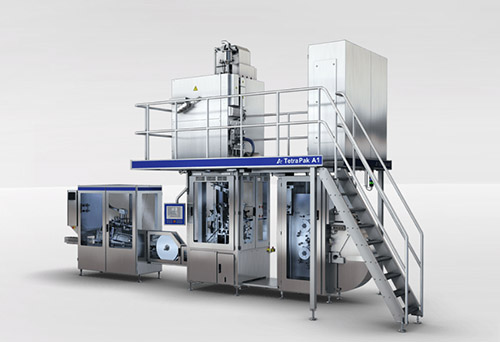 Big Data, for all of it’s being touted across the manufacturing industry, remains somewhat of an esoteric topic. That’s understandable, as the concept of every bearing and every cylinder and every machine part having sensors seems far off or downright bizarre to some design engineers. Sure, sensors are becoming small and cheap and ubiquitous, but … well, who cares? Who needs all that data? And even if we had it, what on Earth would we do with it?
Big Data, for all of it’s being touted across the manufacturing industry, remains somewhat of an esoteric topic. That’s understandable, as the concept of every bearing and every cylinder and every machine part having sensors seems far off or downright bizarre to some design engineers. Sure, sensors are becoming small and cheap and ubiquitous, but … well, who cares? Who needs all that data? And even if we had it, what on Earth would we do with it?
While I’m on board that Big Data is coming—and that it will change a lot about how we see our world in the coming decade—I do confess that at times, it’s hard to see the applicability in some of what I see in today’s manufacturing operations.
I was caught a little off guard by the way that the international food packaging manufacturer Tetra Pak is using Big Data right now during a recent visit to the company’s R&D center. They’ve found a fascinating way to use Big Data not just for themselves, but for their customers.
Tetra Pak actively works to measure, benchmark, and improve its packaging machinery. Through the thousands of systems that it has installed globally, and the constellation of sensors that imbue each line, the company has been able to develop a baseline of how these systems operate in the real world. They have terabytes of data on how these processes are working, what the operators are doing, and how they’re reacting to different issues.
But beyond simply using the data to improve the machinery it builds, this has given rise to a whole new business unit for the company, consisting of a service that includes helping customers understand where and how losses are happening on their production lines.
When customers can’t produce any more product, they will generally go and buy more equipment. Now Tetra Pak can help them produce more with the equipment they already have, thanks to what Big Data tells them.
Cynics might say the company’s shooting itself in the proverbial foot; that it should be trying to sell more hardware. But smart manufacturers know they need to focus on building long-term relationships with their customers—and helping with efficiency and productivity can go a long way toward cementing those ties.
The other thing I’d point out to those cynics? Tetra Pak’s services business is now the company’s fastest growing segment. And that’s some Big Data that the corporate accounting department is surely smiling about.
Filed Under: Pneumatic Tips, Slider